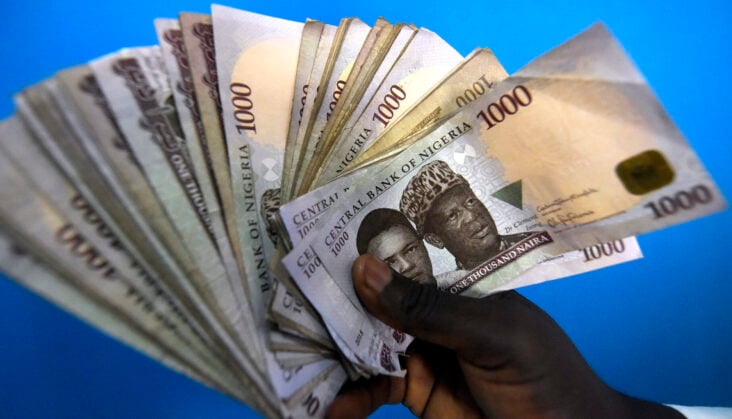The sovereign downgrade impacts the long-term deposit ratings as well as senior unsecured debt ratings, and thus all of Moody’s rated Nigerian banks were also downgraded from B2 to B3.
The downgrades come in stark contrast to the Nigerian finance minister’s view, who said at Nigeria’s International Investment Summit in New York weeks earlier, that Africa’s largest economy was not in a bad position.
Given the fact that the debt-to-GDP ratio had not hit the crisis level of 40%, as stipulated by the fiscal responsibility act, the situation was still safe, she argued. But there is sound logic to the downgrade.
CBN Act violations
Nigeria has been operating budget deficits for decades, but at no time has the country ever violated section 38 of the Central Bank of Nigeria (CBN) Act, also known as the Ways and Means Act. It caps the limit of advances/overdrafts to the federal government as a lender of last resort at 5% of real revenues for the previous accounting year.
Based on the law, advances should not exceed $450m. Under President Buhari, the government borrowed $48bn, which is not captured in Nigeria’s budget.
Moreover, some of the cash has been used to fund direct government intervention programmes such as the Anchors Borrowers Programme and the Presidential Fertiliser Initiative, which have high levels of non-performing ratios, given the fact that they are 100% guaranteed by the authorities.
Cash via Ways and Means has also been used to fund petroleum subsidies, social investment programmes, and the rising cost of debt servicing.
This cycle of quantitative easing has also played a part in the acceleration in cost price index numbers, which has driven inflation into double digits and several subsequent interest rate hikes.
Recession fears
To clear the overdraft, the CBN met with Finance Minister Zainab Ahmed and agreed to convert these funds into 40-year bonds with a coupon of 9% – despite the fact this is also in violation of the Act – illustrating that the country’s bond yield curve may be beginning to invert, which could lead to a recession.
In a last-ditch attempt at reining in liquidity, the board of the central bank has decided to call over 2.7 trillion banknotes in circulation, within a 90-day period.
However, it was excessive government spending to fund the deficit and pay for direct intervention programmes that led to the doubling of the cash in circulation in the first place, without a corresponding increase in production output to match the money supply.
Given the current situation, this may be a good time for the CBN to change its exchange rate mechanism from a fixed to a floating rate model, to attract foreign direct investments and Net Export Proceeds (NXP) from companies who will rather divert their FX to foreign accounts.
To ignore the imperative of converging your exchange rates, as a tool for stabilising your FX markets, is to ignore the results of multiple regressive models. Now is the time to act.




